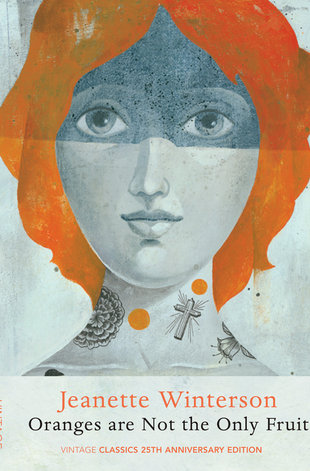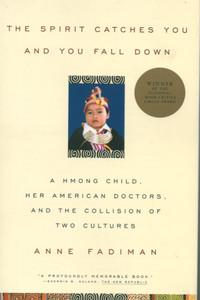The BBC operates a multitude of stations with Radio 4 given over to "intelligent speech." This includes radio versions of books and plays, topical satires, and the quaint and nationally beloved deadpan reading of the shipping forecast. The programming is incredibly accomplished, particularly the clear-minded journalism of the morning news show Today. The station is a daily staple of informed and middle-class households around the country. I recommend the Radio 4 Choice podcast to anyone wanting a sample.
National Public Radio could similarly be considered the airwaves for America's intelligentsia. But instead of carrying the staid tones of a state-funded media apparatus, NPR and its affliated stations operate with the hippie/hipster vibe of a co-op or an arts collective, hence all the pledge drives. Any distinctions between "hippie" and "hipster" come down to generational differences since Garrison Keillor (A Prairie Home Companion) and Ira Glass (This American Life) both maintain public radio's bohemian spirit. A comparison of their images shows that both of them have cultivated the humanities-professor look: Keillor as the rumpled, tenured don and Glass as the bright, young scholar. Both of them bring a laid-back approach to broadcast media, especially compared to other American news outlets, but aside from an hour or two of BBC News content, public radio mostly adheres to the American-centric approach to life and culture found throughout media in the US. I always found it a telling difference that Britain has Gardeners' Question Time as one of Britain's most popular and longest running radio shows. America, by turn has Car Talk. This means it's no sure thing that a Radio 4 listener will embrace NPR.
Fortunately, NPR is run by geeks, which appeals deeply to Passenger H. Radio 4 comes from civic-minded Oxbridge graduates who believe in regional accents. Most of the on-air personalities probably came from nice families, went to nice schools and universities, and then decided to help Britain maintain nice cultural standards. However, NPR producers seem to take up missions and carry them out with American earnestness. Radio Lab looks into science with unabashed awe, curiosity, and slightly manic sound effects. On the Media employs two top-notch journalists as hosts, not to break stories but to wax meta on how various journalistic practices shape public opinion of politics and journalism itself. And Garrison Keillor, of course, has been unashamedly and mellifluously talking up the virtues of traditional American music and poetry for years.
But the geekiness runs deeper than single-minded pursuits. These programs come from people who played in marching band and now consider it the chance-of-a-lifetime to spend airtime asking Leonard Nimoy about old Star Trek episodes. Peter Sagal hilariously brushed off homespun hero Tom Bodett for his ignorance of Star Wars lore on the Wait Wait... Don't Tell Me news quiz, "Darth Vader was a fallen Jedi whereas stormtroopers are clones. It's not. the. same." Even All Things Considered made sure to give the sci-fi television series Battlestar Galactica a fond farewell. Seriously geeky. But maybe it is all part of that American dream where everybody can create her own destiny, even geeks. Arguably, a couple of nerds have been guiding everything since 1975. Fortunately, podcasting and internet availability mean the Passengers rarely have to choose between NPR or the BBC, and in Singapore this summer we will still have both.
Update (16 June 2009): We really can have both. Just yesterday we found a way to stream WNYC through my iPod Touch.







.jpg)
No comments:
Post a Comment